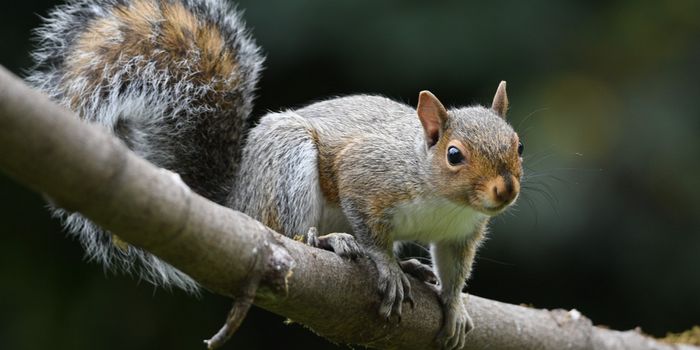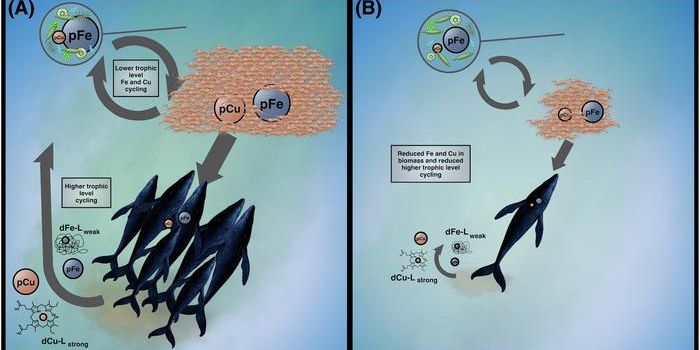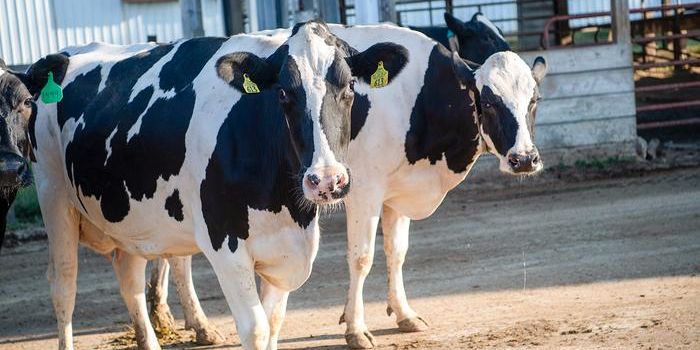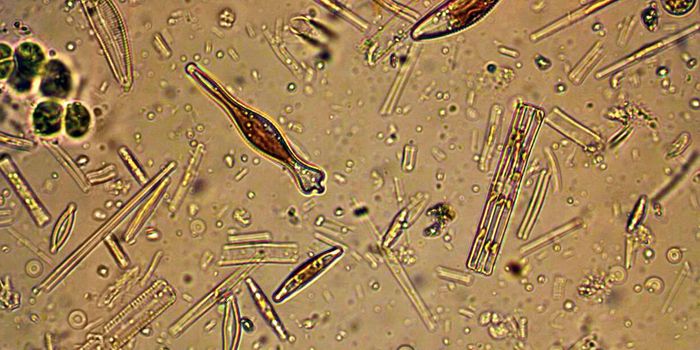This Snake Hunts in Coordinated Packs
The idea of being hunted by just one snake is scary enough to most people, but when the thought comes around of being hunted by multiple snakes at once, the freak-out factor goes through the roof.
Unfortunately for those who don’t like playing tag with a bevy of snakes at once, a new study published in the journal Animal Behavior and Cognition reveals that some species of snakes actually hunt in packs rather than hunting by their lonesome.
In particular, the researchers were studying Cuban boas when they came upon this coordinated hunting behavior. This is the first time that the behavior has ever been spotted in a snake species before, but to be fair, experts don’t spend much time studying snake behavior, so their psyche mostly remains a mystery.
Image Credit: PublicDomainPictures/Pixabay
"It is possible that coordinated hunting is not uncommon among snakes, but it will take a lot of very patient field research to find out," study lead author Vladimir Dinets from the University of Tennessee explained in a statement.
Related: Blue coral snakes have a venom unlike any other snake
Packs of the Cuban boas were spotted developing a barricade of snakes that would trap fruit bats in their tracks as they dangled from the roofs of caves, preventing them from escaping.
More importantly, the snakes would also go out of their way to position themselves in ways that they would be fully aware of other snakes’ positions. This allowed them to keep better track of other individuals in the pack to coordinate their strikes and ensure predatory success.
For what it’s worth, this kind of behavior is much different than just hunting in groups like a vast majority of the animal kingdom does. No form of social behavior was observed, as snakes are naturally solitary creatures, while other animals hunt in groups for the social aspect of things.
This is instead intelligent coordinated behavior in which the non-social snakes are actively aware of not just their surroundings, but also of their brethren, and act accordingly.
Related: Sea snakes may have another sense that we know nothing about
"Coordinated hunting requires higher behavioral complexity because each animal has to take other hunters' actions into account," Dinets continued.
This doesn’t mean that every snake in the pack gets to feast, which is normally the case in group hunting, but it does mean that the snakes worked together to increase the likelihood of hunting success.
With more research, we might be able to learn whether or not this kind of sophisticated hunting tactic is unique to Cuban boas or if other snake species exhibit it too.
Source: CBS









